The Importance of Play: Part 1

Credit: imperfectfamilies.com
“Stop playing around!”
This is something we all heard as kids and might have even said as adults.
They might seem like harmless words, but what’s the risk in telling a child to stop playing? First of all, we must understand that when we tell kids they’re misbehaving, we shouldn’t call it “playing around.” Natural playing has immense value to a child’s early development.
So, what is play?
Despite all the experts on this topic, there is no one universal definition of beneficial play. Experts agree that parents should not dictate that play- it should be enjoyable, engaging, and exist beyond the confines of reality. Kenneth Rubin, a professor of human development at the University of Maryland, says that play should be “intrinsically motivated.” In summary, several factors should be present in the type of play that helps develop healthy children.
Play should be:
- self-chosen and self-directed;
- an activity where the process is more important than the results;
- structured in the minds of the players;
- imaginative, mentally removed in some way from reality; and
- activating an alert but an unstressed frame of mind.
Credit: www.nurseryplay.com
Why is play important?
There are so many ways to play that the benefits are wide-reaching. Play can be tactile or conceptual, collaborative or individual, imaginative or explorative. There is a beautiful limitlessness to play that children benefit from.
The process of play is integral to the cognitive, physical, social, and emotional well-being of children and youth. It’s considered important to optimal child development that the United Nations High Commission for Human Rights recognizes play as an intrinsic right of every child.
Unlike specific and structured academic activities, play can help kids develop a range of essential skills. Play fosters creativity, social interaction, independence, resilience, confidence, problem-solving, and so much more!
It’s not just kids that benefit from play. Parents see their relationships deepen when they dedicate time to play with their kids. Teachers feel the effect in the classroom. You can even argue that society at large benefits from kids being able to play!

What happened to playtime?
If playtime is so important, what’s happened to it? Edelman Intelligence surveyed 12,710 parents in 10 countries about how much time their kids spent playing outside.
Shockingly, 56% said their kids spent less than an hour each day playing outside- that’s less time than prisoners in a maximum-security prison get! Even worse is that 1 in 10 parents said their children never play outside.
There are several factors behind the decrease in playtime, including substantial social changes and the introduction of accessible technology. Here are some of the reasons children have less playtime as identified in a scientific journal by Richard Bishop:
- Increased focus on academic preparation - 30% of American kindergarteners no longer have recess.
- Electronic media are replacing playtime - 8-10-year-olds spend nearly 8 hours a day engaging with different media, and 71% of children and teenagers have a TV in their bedroom.
- Less time spent playing outside - a study following young children’s play found that kids under 13 years old sometimes spend less than 30 minutes a week outdoors.
- Perceived risk of play environments - in one study, 94% of parents cited safety concerns, e.g., street traffic and stranger danger, as factors influencing where their children play.
- Limited access to outdoor play spaces - only 20% of homes in the U.S. are located within a half-mile of a park.
It’s essential to develop a child academically, but this can also backfire and become counter-productive if it completely overtakes playtime. When reduced, children spend less time being active, socializing, and building crucial life skills that they will need as adults.
On the one hand, playtime seems to be increasingly replaced by more academic preparation. Working more and playing less has become a real threat to children’s development.
On the other hand, playtime is also being replaced by the increased use of electronics, which is an unhealthy alternative to active play.
Credit: New York Post
Final Thoughts
“Keep playing around!”
That’s what we should be telling kids. When there’s so much to gain from playing, we can’t afford to replace it with doing more academic work or spending more time zoned out in front of an electronic device.
Coming up in Part 2, we’ll explore how you can ensure your kids have a healthy amount of productive playtime.
Sources:
https://pathways.org/news/articles/importance-of-play-in-childrens-development/
http://pediatrics.aappublications.org/content/119/1/182
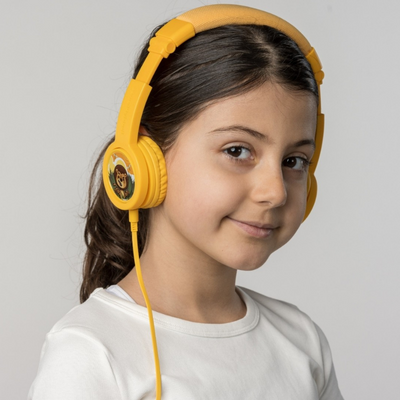

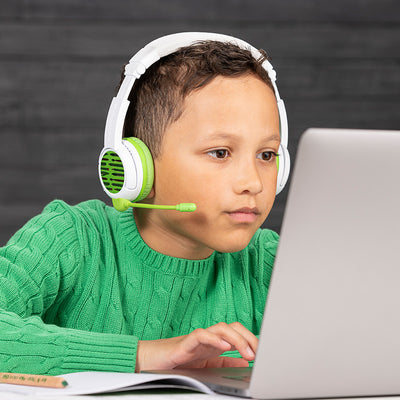
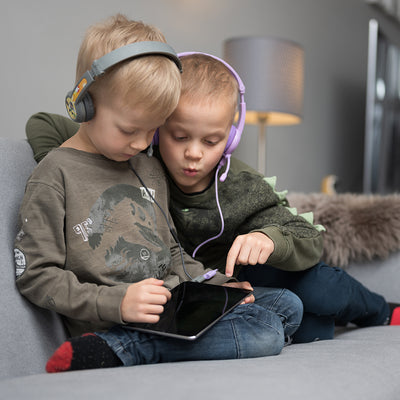
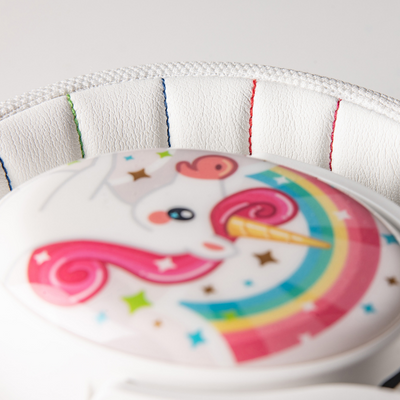




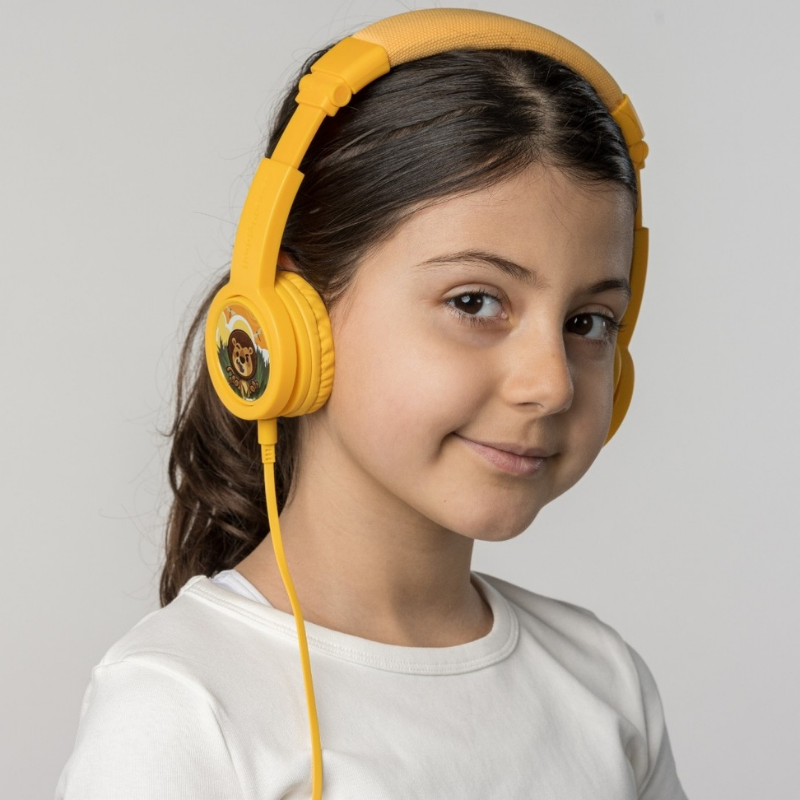

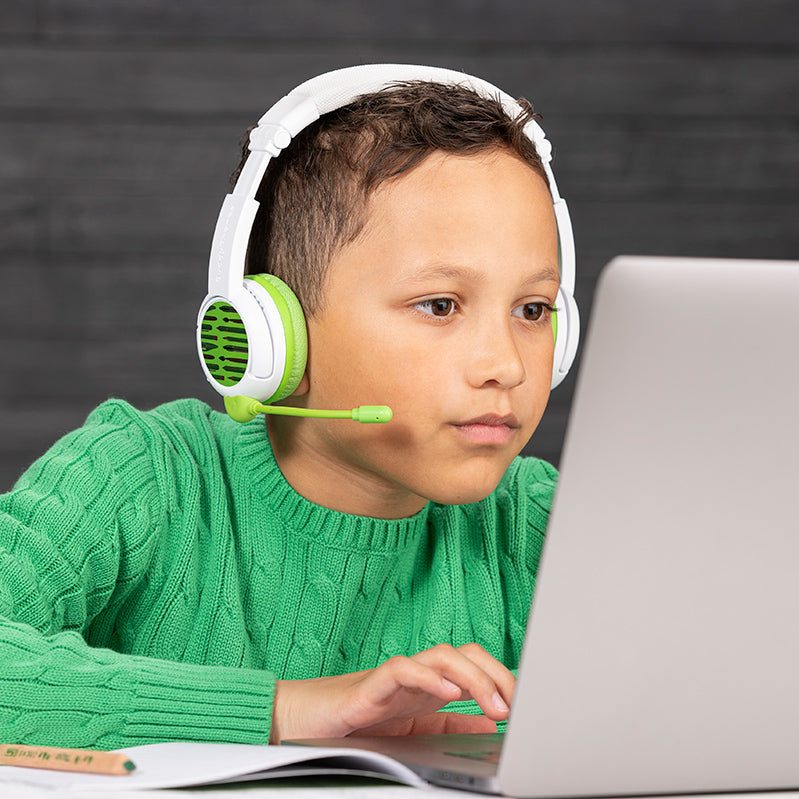
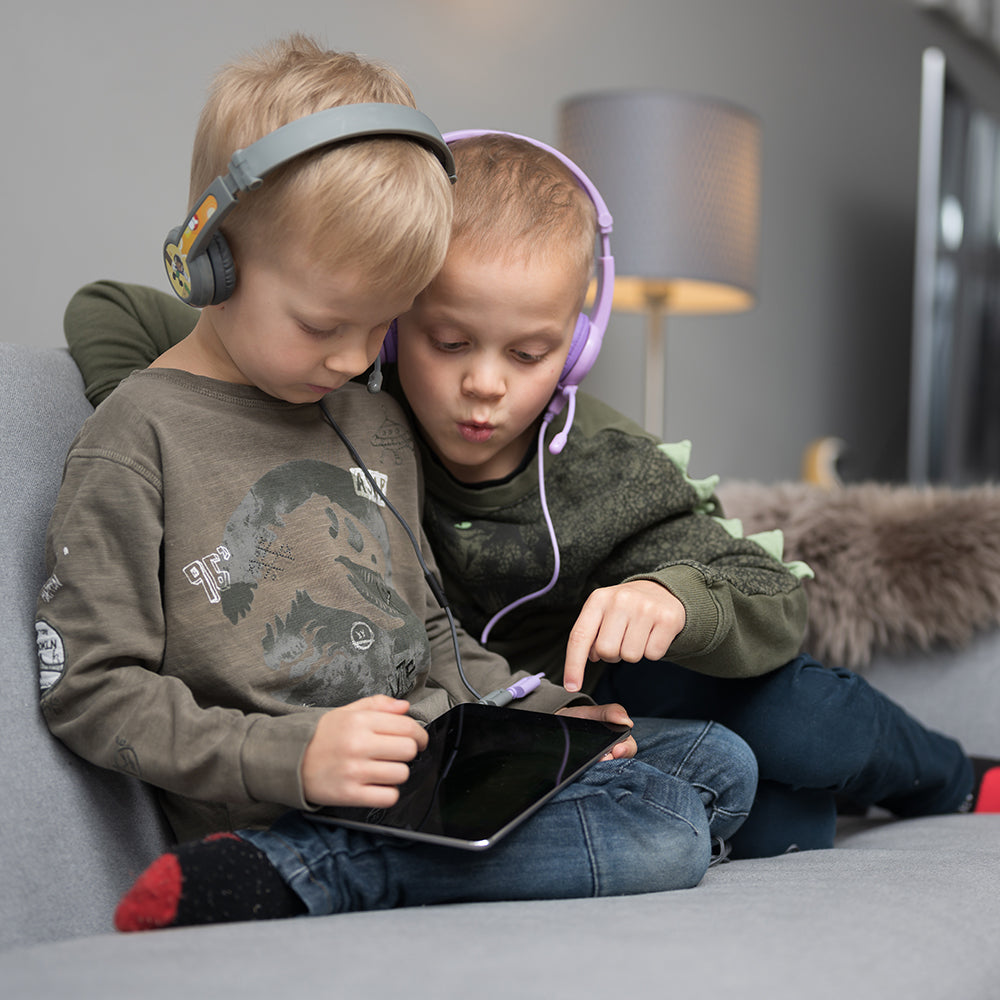
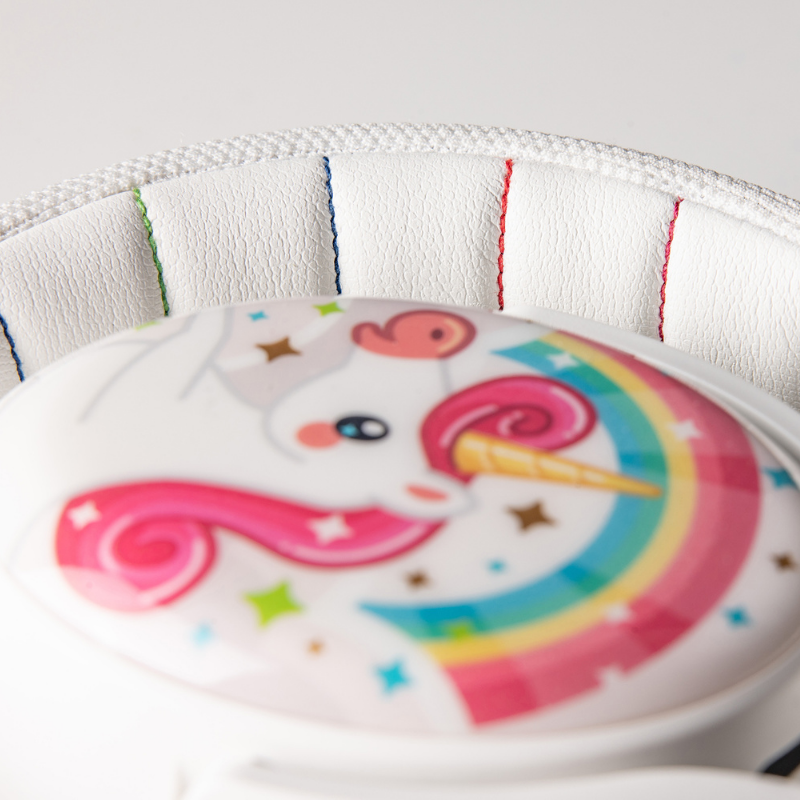
Leave a comment